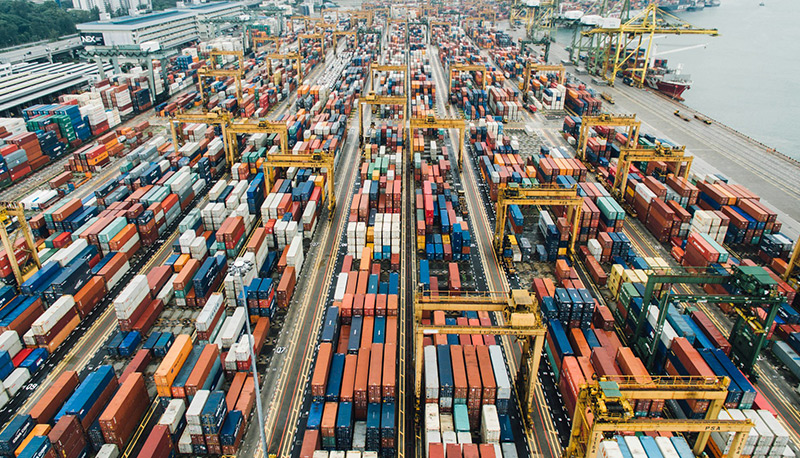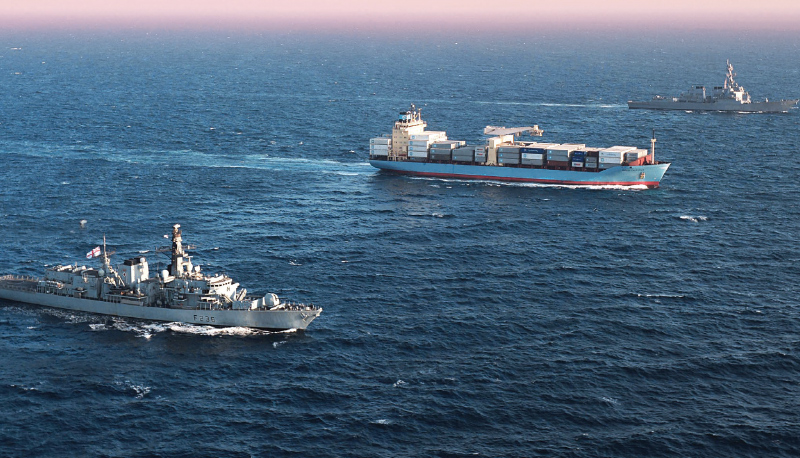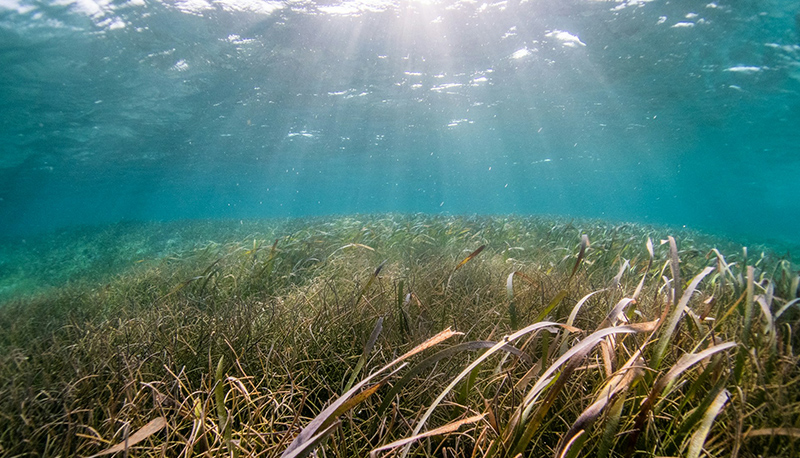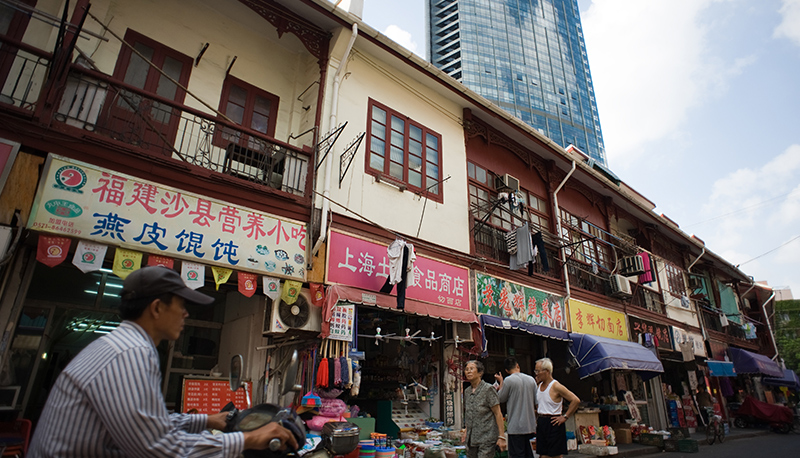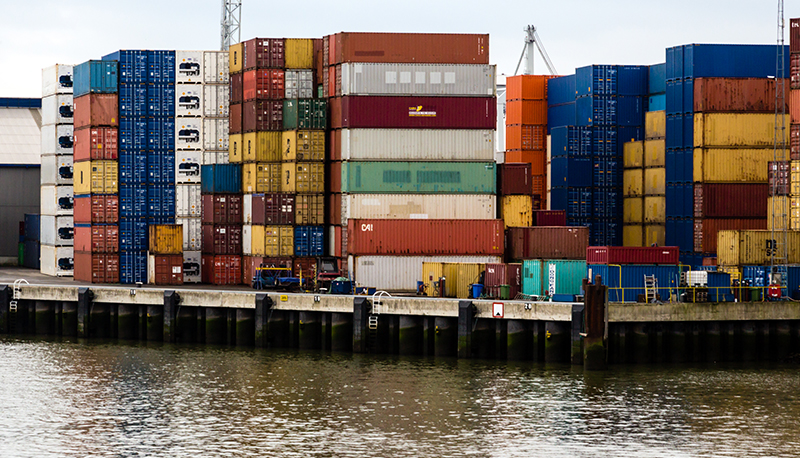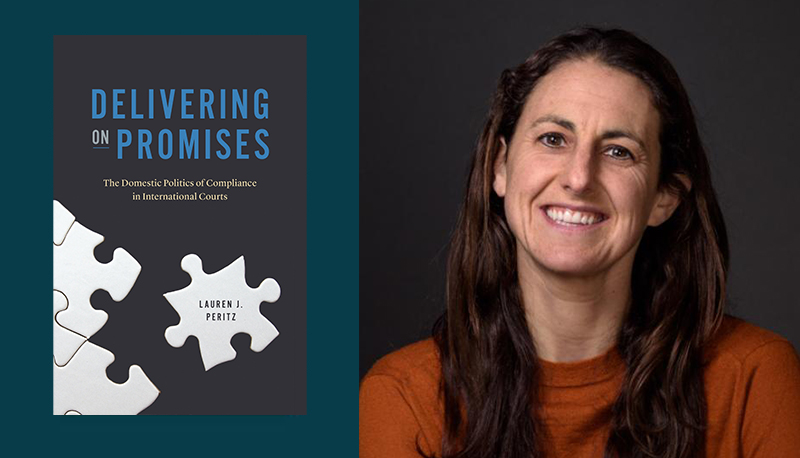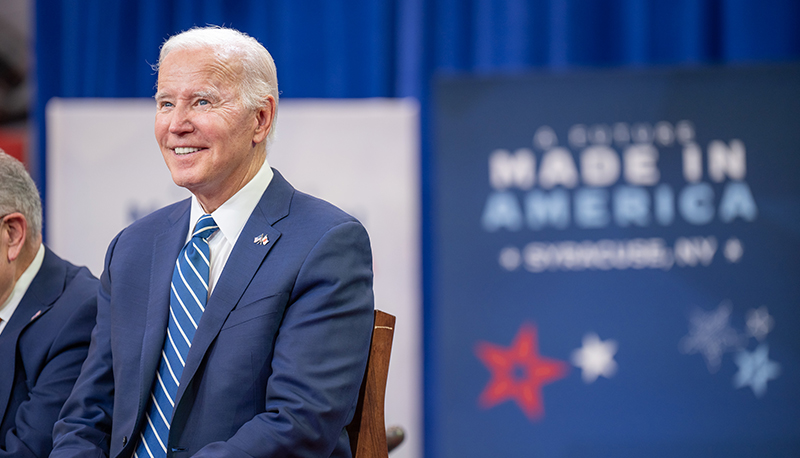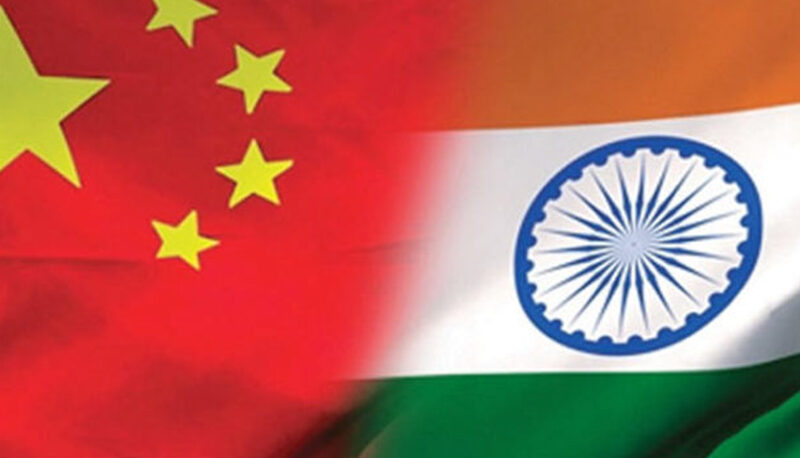Illicit Economies and Extra-Legal Actors Conference
October 13-14, 2022
La Jolla, CA
Institute of the Americas, UC San Diego
The goal of this conference is to bring together a diverse set of scholars working on topics related to the politics of illicit economies, organized crime, and extra-legal armed actors. Until recently, political science did not consider illicit markets or the groups that engage in them (e.g. mafias, cartels, gangs, smuggling networks, militias, and vigilantes, among others) to be key political actors. Yet, throughout the world, there is a rich history of such groups fulfilling political functions through the use, and threat, of violence and by cultivating complex and overlapping relationships with each other, the state, and other non-state armed actors. While the organizational structure and specific goals of criminal and extra-legal actors vary incredibly, they all seek to carve out spheres of influence to engage in illicit economies and accumulate political and material resources. To this end, they have built vast and multifaceted organizations, monopolized markets, coerced citizens, coopted public officials, and engaged in extreme levels of violence. And yet, in many communities, they maintain an ambivalent position by resolving disputes, providing some public goods and services, implementing social order, and protecting communities from abuse and predation. These interrelated behaviors have significant political and social consequences that we are only beginning to understand.
This conference brings together an international group of scholars who are seeking to understand the history, dynamics, and policy implications of this increasingly complicated landscape. Over the course of two days, participants will grapple with a series of interrelated questions: How and why do criminal and extra-legal actors use violence and what are the consequences of that violence? How do these same actors also seek to control violence, provide goods and services to local communities, and relate to a variety of other social and political actors? How have states attempted to combat crime and violence and what are the effects of those actions? How have citizens and communities responded to various forms of victimization and how can we conduct research on and with these individuals in an ethical way? How and why have women been victimized but also asserted their agency in these contexts? Finally, how have the COVID-19 pandemic and climate change impacted the behavior of illicit actors and reshaped illicit economies?
Overall, the conference is designed as an opportunity to build a stronger network of political science scholars working in this area by stimulating dialogue, interrogating long-held assumptions, and innovating new strategies and frameworks for the study of illicit economies and extra-legal actors around the world.
Read the agenda.
Thumbnail credit: National Police of Colombia
